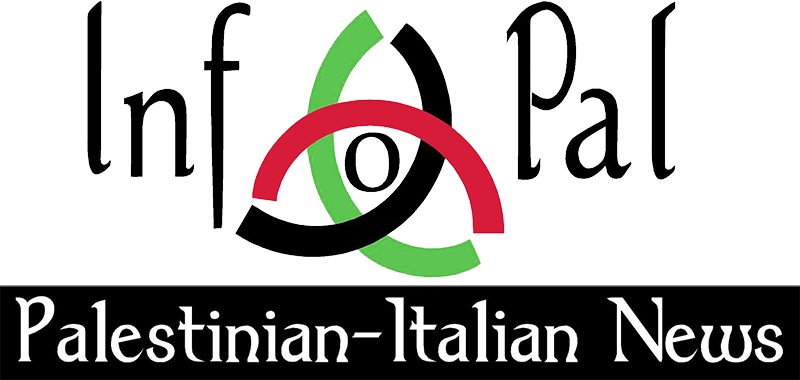Ma’an – Palestinian President Mahmoud Abbas is prepared to meet Israeli Prime Minister Ehud Olmert with no preconditions. On a visit to Cairo, he also hinted to the Egyptian ‘Middle East News Agency’ (MENA) that the new Palestinian national unity government will accept the previously signed peace agreements but certain elements, such as Hamas, will not be obliged to recognize Israel.
He also declared that, following meetings with David Welch, the US undersecretary for Middle East affairs, the United States has assured that the international economic blockade on the Palestinians will be lifted. "Once the unity government is composed in accordance to the basic specifications the Palestinians agreed upon, and once it is endorsed by the Palestinian Legislative Council, the siege will be lifted," Abbas assured. "That we heard from the Americans."
During his two-day visit to Cairo, President Abbas met with Egyptian president Hosni Mubarak and the Arab League secretary-general Amr Moussa. Abbas told the press that they discussed the developments in the Palestinian arena, domestically and internationally, and the efforts to compose a Palestinian unity government. They also focused on the stalled Middle East peace process, MENA reported.
Following statements by Israeli Prime Minister Olmert that he is prepared to meet Abbas with no preconditions, Abbas responded: "We too have no preconditions and we are ready for that meeting anywhere. Preparations for that meeting are ongoing through special committees who will give us the green light to go to the meeting."
When asked about Olmert’s demand that Abbas fight the Palestinian "terrorism", Abbas affirmed, "All the Palestinians agree on tranquility, but it should be bilateral, meaning that when the Palestinians cease operations, Israelis must cease hostilities too; and once the Palestinian side is quiet, Israel mustn’t invade Palestinian territories on any occasion like they did in Beit Hanoun."
When asked about Israel’s threats to step up hostilities in revenge for the death of an elderly Israeli woman following a projectile attack on Sderot, Abbas asked rhetorically, "Is that a justification to attack Beit Hanoun and kill 18 people? This neither benefits us nor them, nor the peace process."
Commenting on the Israeli prime minister’s declarations that any new Palestinian government must accept the Quartet’s conditions, which include recognizing Israel, Abbas said, "We as Palestinians have our own political agenda, which will be declared in time. I believe this agenda is appropriate for such rights."
The Quartet, comprising of the UN, EU, USA and Russia, stipulated after Hamas’ election victory that any Palestinian government must meet three demands: recognise Israel’s right to exist, renounce violence and adopt all the previously signed peace agreements.
On the same topic, Abbas said, "We are now talking about a government composed of experienced Palestinians. Once it is formed, it has to stick to the agenda we agreed on, but political movements like Hamas don’t necessarily need to recognize Israel."
Abbas added that the future Palestinian government will be committed to the National Accord Document in addition to Arab and international resolutions. "We take into consideration that the coming government has to stick to the commitments of its predecessors".
Abbas also commented on Israel’s recognition of Palestinian rights. Abbas replied, "I think the Road Map, once implemented, covers everything including two states, withdrawal to the 1967 borders, the Arab initiative and the UN Security Council resolutions 242, 338 and 1397".
The UN Security Council resolution 242 (22 Nov 1967) calls for "withdrawal of Israeli armed forces from territories occupied in the recent conflict". UN Security Council resolution 338 (22 Oct 1973) calls for a ceasefire in the Yom Kippur war and adherence to UNSC resolution 242. UN Security Council resolution 1397 (12 March 2002) calls for the establishment of two states living side-by-side in peace and demands a cessation of violence.
Abbas was also asked about the Rafah crossing agreement. Abbas assured, "We will renew the agreement with the European Union so as to keep the crossing permanently open." The Rafah crossing is the only exit for Palestinians from the Gaza Strip, into Egypt and it is currently overseen by European monitors.
Abbas also spoke warmly of his Arab neighbors. He praised the "deep-rooted" Palestinian-Egyptian relations and told reporters that "Syria is a dear Arab country to which we have very good relations, and when we visit Syria, we feel at home."
